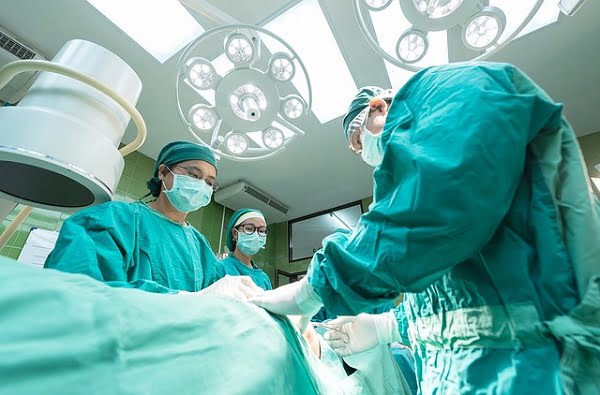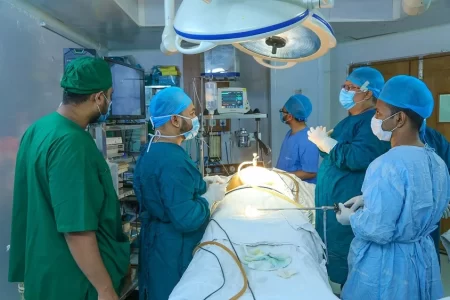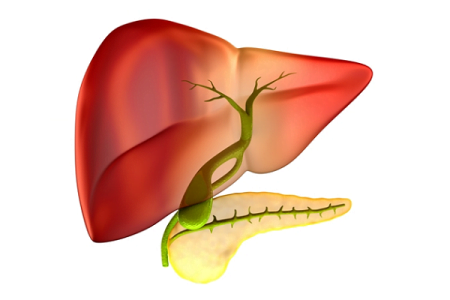Know About Cholecystectomy (Gallstones) Surgery, Its Procedure & Related Complications
- Updated on: Jul 15, 2024
- 3 min Read
- Published on Oct 4, 2019


What is gallstones surgery? How is gallbladder removed surgically?
Treatment of gallstones is not needed when they are asymptomatic. But if it has started causing symptoms, then it is likely that symptoms may get worse in the future paving the way for serious complications such as jaundice and pancreatitis.
After diagnosis of gallbladder attack or other symptoms, your doctor will generally recommend for removal of gallbladder surgically.
Surgery to remove the gallbladder, also known as cholecystectomy, is the treatment of choice for gallstones which causes moderate to severe pain or other symptoms.
In some cases, surgery is performed to prevent complications due to gallstones. The surgery carries only a small risk of complications and you can go home the same day of your cholecystectomy.
More: Read about Gallbladder anatomy, location, and function.
More: Gallstones: Symptoms, Causes, Diagnosis, Risks, Treatment, Complications
What are the various procedures of doing cholecystectomy (gallbladder removal surgery)?
Cholecystectomy can be performed in two ways:
- Laparoscopic cholecystectomy
- Open cholecystectomy
Prior to a cholecystectomy, your surgeon may ask you to eat nothing the night before your surgery and to stop taking certain medications and supplements if needed.
What is laparoscopic gallbladder surgery?
Most of the cholecystectomy procedures are performed using laparoscopic surgical method. This is also known as keyhole surgery.
During a laparoscopic cholecystectomy, your surgeon makes 3-4 small incisions in your abdomen. Your abdomen will be temporarily inflated using carbon dioxide gas which makes it easier for the surgeon to see your organs.
A tube, having a tiny video camera, is inserted into your abdomen through one of the incisions allowing your surgeon to view the operation on a video monitor. While watching the monitor, your surgeon uses special instruments carefully to separate the gallbladder from the liver, bile ducts, and other structures and then removes the gallbladder through one of the small incisions.
Patients are usually given general anaesthesia for this procedure.
The procedure takes around 60-90 minutes and you can return home the same day. Full recovery typically takes from 7 to 10 days.
It should be kept in mind that a laparoscopic cholecystectomy is not suitable for everyone. In some cases, your surgeon may begin with a laparoscopic approach but may have to move to an open surgery because of complications.
More: Weight loss after gallbladder removal
More: What causes pain in your gallbladder? What are the characteristics of gallbladder pain?
Are you a suitable candidate for laparoscopic gallbladder removal surgery?
There are many advantages of a laparoscopic gallbladder removal (cholecystectomy) surgery, but the procedure may not be suitable for everyone. Particularly, patients who have severe gallbladder diseases or who had undergone a previous upper abdominal surgery might not be operated through a laparoscopic procedure.
Your doctor will perform a thorough medical evaluation to determine if laparoscopic gallbladder removal (cholecystectomy) procedure is appropriate for you.
What is an open cholecystectomy? What is open gallbladder surgery?
As mentioned above, a laparoscopic cholecystectomy is not suitable for everyone. You will need an open cholecystectomy especially if you have severe gallbladder diseases, are overweight, or you are in the last trimester of your pregnancy.
In these cases, an open cholecystectomy is recommended. During this procedure, a 10-15 cm incision is made in your abdomen underneath your ribs so the gallbladder can be removed through it. This procedure is done under general anaesthetic. You will not feel any pain and you will be kept asleep.
Usually, you will have to spend two to three days at the hospital for recovery. It may take four to six weeks to fully recover.
Gallbladder surgery recovery
If you had keyhole surgery, you will be able to leave hospital the same day and it will take around two weeks to return to your normal routine.
In case of an open surgery, you may have to stay in the hospital for three to five days. It has longer recovery time and can take around six to eight weeks.
In both cases, you will be able to recover easily if there are no further complications of the surgery.
Complications of gallbladder surgery
Possible complications of a cholecystectomy may include:
- Bleeding
- Blood clots
- Bile leak
- Infection
- Injury to nearby structures such as bile duct, liver and small intestine
- Pancreatitis
- Pneumonia
Read more about Risks with Gallbladder Removal Surgery.












